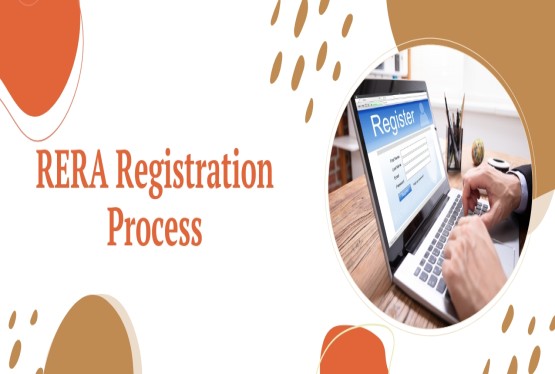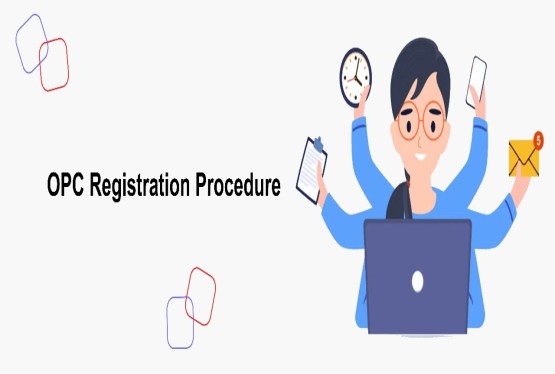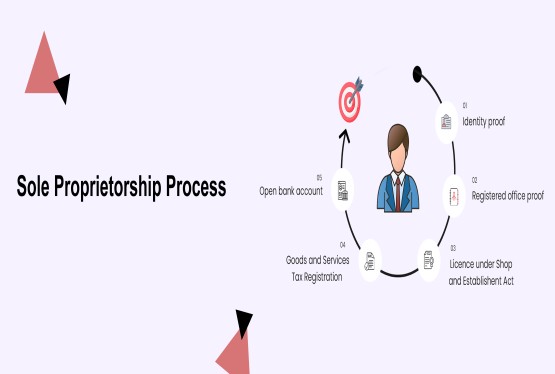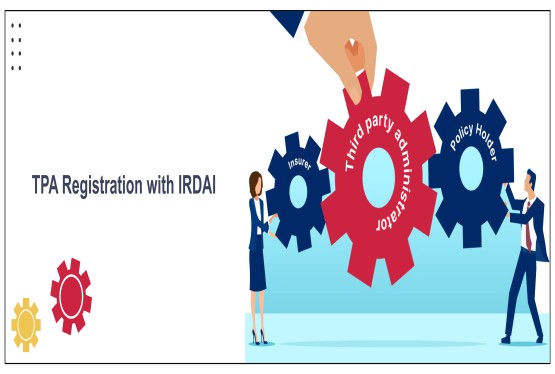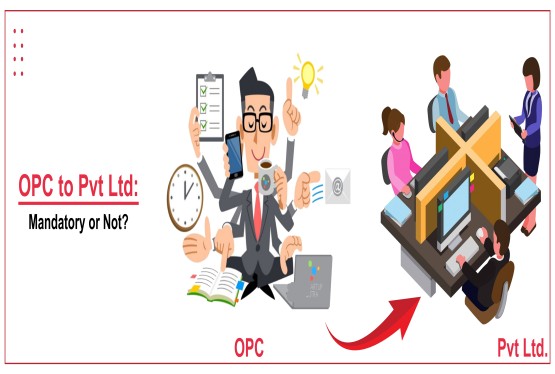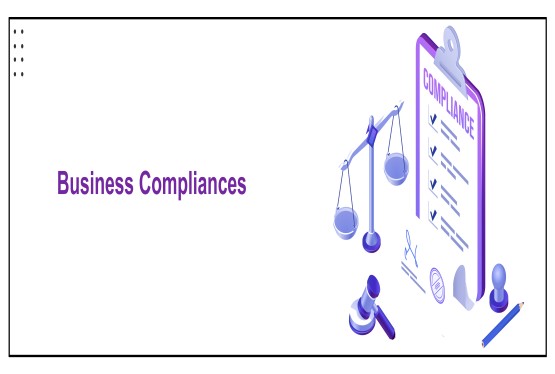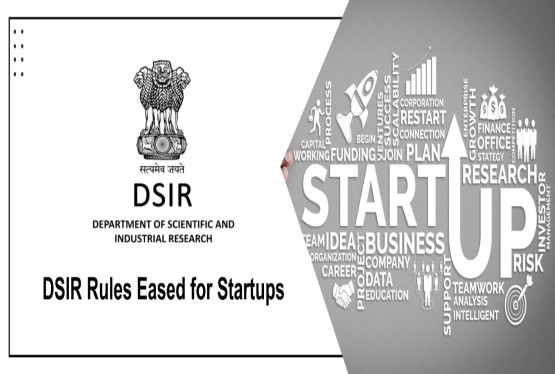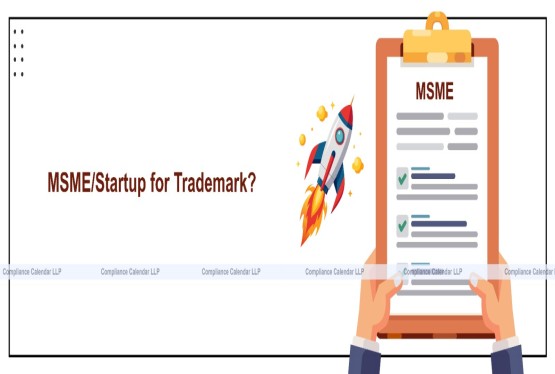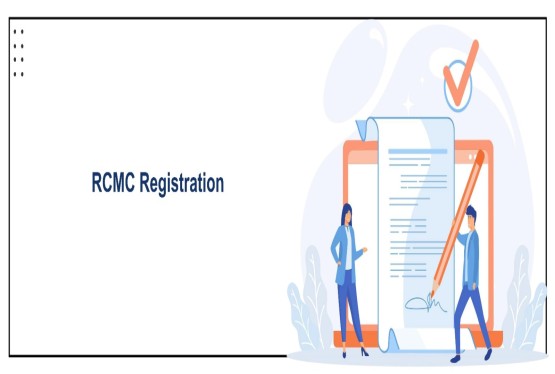An Employee Stock Option Plan (ESOP), also known as an Employee Stock Ownership Plan, is a structured employee benefit program through which workers can acquire a stake in the company by purchasing its shares, often at a discounted rate compared to the market price. Unlike a direct share allotment, an ESOP provides employees with a right, but not a compulsion, to purchase these shares. The decision to exercise the option rests entirely with the employee. Companies usually offer ESOPs as a reward mechanism either to recognize consistent performance or to acknowledge long-term association with the organization. The aim is to foster loyalty, instill a sense of ownership, and align employees’ interests with the company’s growth. To qualify, employees must complete a predefined service period within the company, referred to as the vesting period. Only after completing this tenure, which, under law, is generally a minimum of one year from the date of grant can employees exercise their option to purchase the allotted shares at the predetermined price set by the company.
Objectives and Importance of ESOPs
The main goal of an Employee Stock Option Plan (ESOP) is to foster a stronger bond between a business and its workforce by empowering them to take an active role in the company's success. ESOPs promote a sense of belonging by granting ownership rights and motivating workers to strive for the company's long-term objectives.
ESOPs are a useful instrument for managing human resources from the standpoint of the employer. They contribute to keeping skilled employees, lowering turnover, and maintaining the motivation of essential employees to help the company grow. ESOPs provide employees the chance to participate in the company's financial success and profit from any future increase in the value of its shares. The purpose of ESOP is frequently to:
Tie rewards to ongoing service to retain talent. Encourage performance by connecting individual contributions with the performance of the organization. Provide competitive benefits without raising salaries right away in order to effectively control cash flow. Through possibilities for long-term wealth generation, reward commitment and loyalty. In essence, ESOPs operate as a win-win scenario, where employees gain a financial stake in the future of the business and employers benefit from a more involved and dedicated workforce.
Working Mechanism of an ESOP
-
The business establishes an ESOP trust- The trust that The firm may choose to donate money towards the purchase of stock shares.at no more than the fair market value from the current owner(s)or if the owner is unwilling to sell shares, the value of the shares is determined by new shares may be issued by the business.
-
If the business lacks financial resources to complete this at the moment, ESOP might borrow money to purchase new or old shares since the business is contributing funds, it has current shares that the trust is able to repay its debt.
-
Shares in the trust, which are typically distributed, are given to employees based on relative wages because they spend more time working for the When they join the firm, they get more ownership of the shares, which is also known as vesting. As a general rule, all full-time workers The program must be open to those 21 and older. What does this imply? The employees ultimately own the company. with some voting and control rights inside the company.
-
An employee receives their shares upon departure, which the firm is obligated to repurchase at a fair market value (unless the shares have a public market) As a result, the value of the employees or her trust shares, often in the form of cash.
Definition of Employee:
1. A permanent employee of the company who has been working in India or outside India; or,
2. Director of the company, whether a whole-time director or not but excluding an independent director; or
3. An employee as defined in clauses (a) or (b) of a subsidiary, in India or outside India, or of a holding company of the company but does not include-
-
an employee who is a promoter or a person belonging to the promoter group; or
-
a director who, either himself or through his relative or through anybody corporation, directly or indirectly, holds more than ten percent of the outstanding equity shares of the company.
Key Tax Advantages
Share Transfers That Reduce Taxes
Donating company stock to the ESOP can be written off as a tax deduction. Even though this may dilute current ownership, issuing new or treasury shares provides an immediate cash flow benefit for the company.
Cash Contributions with Tax Relief
Year after year, a company can contribute cash to ESOP and deduct the amount for tax purposes whether the funds buy shares from current owners or are set aside in the ESOP for later use.
Tax-Free Loan Repayments
When the ESOP borrows money to buy treasury, new, or existing shares, the company’s contributions toward repaying that loan are deductible. This means ESOP financing essentially happens with pre-tax money.
Capital Gains Deferral for C-Corp Sellers
In a C corporation, once the ESOP acquires at least 30% ownership, a seller can reinvest their proceeds in other securities and postpone paying capital gains tax.
Income Tax Exemption in S-Corporations
The percentage of S-corporation profits owned by the ESOP is generally exempt from federal (and often state) income tax. For example, if the ESOP owns 30% of the company, that same proportion of profits is tax-free; at 100% ownership, profits are completely tax-exempt though profit distributions must still be shared proportionately.
Dividend Payments that Save Taxes
Reasonable dividends used to pay an ESOP loan, distributed to employees, or reinvested by employees into company stock can be deducted for tax purposes.
Employee Tax Deferral Until Payout
ESOP contributions are not taxed to employees until they receive a distribution. At that point, they can roll over the amount to an IRA or retirement plan to defer taxes further or pay tax immediately with gains often taxed at capital gains rates. Distributions before retirement age may attract a 10% early withdrawal penalty on the taxable portion.
Eligibility for Employee Stock Option Plans (ESOPs)
The eligibility of Employee Stock Option Plans (ESOPs) is determined by both company policies and regulatory requirements. Generally, the following individuals are considered eligible:
-
Permanent employees of the company.
-
Directors, including whole-time and part-time directors.
-
Key managerial personnel.
However, companies may exclude:
-
Employees who already hold a substantial shareholding in the company.
-
Independent directors.
The specific eligibility criteria must be clearly outlined in the ESOP policy and approved by the board to ensure fairness and compliance with applicable laws and regulations.
Key Components and Terminology in ESOPs
-
Exercise Price: The exercise price (or strike price) is the fixed cost at which an employee can buy the shares once they decide to exercise their option. This rate is generally lower than the prevailing market value, making it a financially rewarding opportunity.
-
Grant Date: This is the day the employer officially offers the stock options to the employee, laying the foundation for potential ownership in the company. It marks the start of the ESOP journey.
-
Exercise Period: After the shares have vested, the exercise period starts. This is the window of time given to the employee to purchase the shares, usually at a preferential rate.
-
Vesting Period: The vesting period is the gap between the grant date and the vesting date. In this time, the employee must meet certain requirements like staying with the company or achieving targets to secure the right to exercise their option.
-
Exercise Date: The exercise date is when the employee actually takes the step to buy the shares after they have vested, turning the right into real ownership.
-
Vesting Date: This is the date when the employee becomes eligible to purchase the granted shares, having fulfilled all agreed conditions. It signals the completion of the vesting phase.
Step by Step guide to the ESOP process
Step 1 Set up ESOP trust
The journey starts with creating a dedicated ESOP trust that thinks of it as safe space to hold shares meant for employes This trust must comply with all the legal and regulatory norms.
Step 2 Put shares into trust
Once the trust is ready the company funds it either by contributing shares directly or by adding cash that can be used to buy shares these shares might be newly issued purchased from existing shareholders or even acquired through loans before anything is distributed the shares are properly valued to ensure fairness.
Step 3 Decide Who Gets What
Next comes the allocation stage. The company sets clear eligibility rules this could be based on how long someone has worked there, their role, or their salary. Once decided, each employee’s share entitlement is recorded in their account within the trust. The aim is to keep it fair, so employees feel valued and motivated to stay for the long run.
Step 4 Plan the Vesting Timeline
Vesting is like unlocking ownership over time. The company decides how long employees must stay before the shares officially become theirs. Some choose a gradual approach (graded vesting), while others prefer all-at-once after a fixed period (cliff vesting). If an employee leaves early, any unvested shares can be reassigned or forfeited.
Step 5 Hand Over the Shares
Finally, when the conditions are met like retirement, resignation, or other qualifying events the shares are transferred. The company might buy them back, help employees sell them, or hand them over as stock. This can happen all at once, in installments, or through direct share transfers depending on what’s agreed in the plan.
Benefits of ESOPs for Employers and Employees
For Employers
Enhances employee loyalty and retention
ESOPs make employees part-owners, giving them a personal stake in the company’s success, which reduces turnover and strengthens long-term commitment.
Boosts productivity and motivation
When employees directly benefit from the company’s growth, they are more motivated to perform better, leading to higher efficiency and innovation.
Provides tax advantages
Contributions made to the ESOP, whether in cash or shares, are often tax-deductible, allowing companies to save significantly on taxes.
Succession planning tool
ESOPs help business owners gradually transfer ownership to employees, ensuring business continuity and a smooth transition of leadership.
Attracts skilled talent
Offering ownership opportunities makes the company more appealing to high-performing candidates in competitive job markets.
Aligns employee interests with company performance
Since employees’ financial gains depend on company success, their goals naturally align with management’s vision.
For Employees
Sense of ownership and belonging
ESOPs transform employees into shareholders, fostering pride and a stronger emotional connection to the workplace.
Wealth creation potential
As the company grows and share values increase, employees can significantly grow their personal wealth over time.
Additional income or retirement savings
ESOP shares can be a valuable financial resource upon retirement or during career transitions, supplementing traditional savings.
Encourages long-term commitment
Vesting schedules encourage employees to stay with the company for longer, ensuring they fully benefit from their shares.
Possible tax benefits
In some cases, employees can enjoy tax advantages on ESOP payouts or deferred taxes until shares are sold.
Benefits from company growth
Employees directly share in profits and value appreciation, making them active participants in the company’s success story.
Taxability of ESOPs under the Income Tax Act
Taxation at the Time of Grant: No Immediate Tax
When a company grants ESOPs to employees, it is considered merely a right to purchase shares in the future and is not taxable at this stage. No tax liability arises when the employee receives the option itself. The employee has not gained any financial benefit yet; hence, the grant is tax-exempt.
Taxation at the Time of Exercise: Taxable as Perquisite
-
Taxation at the Time of Grant:There are no taxes due right now: The granting of ESOPs to employees by a business is not subject to taxation at this point since it is just regarded as the right to buy shares in the future. The option itself does not result in any tax obligations for the employee. Since the worker has not yet received any financial advantage, the grant is tax-free.
-
Taxation at the Moment of Exercise: Taxable as a Perquisite: The taxable event occurs when an employee uses their option to acquire shares at the specified exercise price. The difference between the fair market value (FMV) of the shares on the date of exercise and the exercise price paid by the employee is considered a perquisite (a kind of wage income).
FMV on Exercise Date – Exercise Price Paid = Taxable Perquisite
The employee's pay is subject to income tax on their applicable income tax bracket, which includes this perquisite amount.
For instance:
The strike price is Rs.100 per share.
Rs.300 fair market value at the time of exercise
Shares that were exercised: 1,000
Taxable perquisite = (Rs.300 − Rs.100) × 1,000 = Rs.2,00,000
This Rs.2,00,000 is subject to taxation as wage income for the relevant fiscal year.
At the moment of sale, taxation: Capital Gains Tax
The capital gains tax is assessed on the difference between the sale price and the fair market value (FMV) on the day the employee exercised the ESOP shares.
Sales Price - FMV on Exercise Date = Capital Gains
Capital gains come in two varieties:
Short-Term Capital Gains (STCG): If the shares are sold within 12 months of the exercise date, the gains are considered short-term and subject to the income tax rate that is in effect (typically 15% for listed shares).
Long-Term Capital Gains (LTCG): Gains are considered long-term if the shares are held for more than 12 months, and they are subject to a 10% tax rate if the gains are above Rs.1,25,000 (the exempt limit per financial year).
For instance,
Continuing the previous example:
Rs.300 is the fair market value (FMV) on the date of exercise.
After eight months, the selling price was $400.
The number of shares sold: 1,000
STCG = (Rs.400 – Rs.300) × 1,000 = Rs.1,00,000
This Rs.1,00,000 is subject to the short-term capital gains tax.
If the transaction occurred after 13 months at Rs.400:
(Rs.400 - Rs.300) multiplied by 1,000 gives us the LTCG, which is Rs.1,00,000.
The Rs.1,25,000 exemption is subject to a 10% tax, which in this case results in no tax because the income is less than the exemption.
Employer Tax Deduction
In the year that the employee exercises the option, the corporation that provides ESOPs is eligible for a tax deduction equal to the value of the perquisite, which is the difference between the fair market value (FMV) and the exercise price. Issuing ESOPs is encouraged by this deduction, which helps businesses lower their taxable income.
Unique tax regulations for qualifying startups
The government permits start-ups approved by the Department for Promotion of Industry and Internal Trade (DPIIT) to provide unique tax advantages on ESOPs in order to promote employee ownership:
When exercising the ESOP options, employees of qualifying startups are not subject to taxation.
The tax payment is, however, postponed to the earlier of:
-
When five years have passed since the day the shares were granted, or
-
The day the employee sells the shares.
By postponing taxes, start-up employees may profit from liquidity events (such as a company sale or IPO) prior to incurring any tax obligations.
Conclusion and Future Outlook
Employee Stock Option Plans (ESOPs) are now a crucial means of aligning employee interests with corporate expansion. ESOPs not only incentivize and retain talent by giving employees a share in the company, but they also cultivate a sense of ownership and long-term dedication. Though the rules surrounding ESOPs may appear complicated from a legal and tax standpoint, knowing the fundamentals, such as grant, vesting, exercise, and tax consequences, enables both employers and employees to make wise choices and get the most out of the system. Looking ahead, ESOPs are likely to grow in popularity, particularly in India's growing start-up sector and changing business climate. Businesses may choose ESOPs more widely to recruit talented people in competitive markets as regulatory agencies continue to improve regulations for increased transparency and simplicity. A solid understanding of ESOP mechanisms is becoming more and more beneficial for law students and young professionals. In an era when employee ownership is becoming more prevalent, it not only prepares them for jobs in intellectual property and business law but also enables them to provide sound advice to clients. In conclusion, ESOPs are a vibrant intersection of law, finance, and human resources, an industry with expanding relevance that provides exciting potential for both companies and individuals.
FAQ’s
Q1. What is ESOP?
Ans. An Employee Stock Option Plan (ESOP) is a program that gives employees the right to buy company shares at a fixed price after a certain period, helping them become part-owners.
Q2. Do I have to buy shares under ESOP?
Ans. No, ESOPs are options, not obligations. You can choose whether or not to exercise the option to buy shares once vested.
Q3. What is a vesting period?
Ans. The vesting period is the time you need to work with the company before you can exercise your stock options.
Q4. When is ESOP taxable?
Ans. Taxation occurs when you exercise the options (difference between market value and exercise price is taxed as salary) and when you sell the shares (capital gains tax applies).
Q5. Are ESOPs beneficial for employees?
Ans. Yes, ESOPs allow employees to share in the company’s growth, potentially earn financial gains, and increase their commitment to the company.
Q6. Can ESOPs be given to all employees?
Ans. Companies usually have eligibility criteria, often based on tenure, designation, or performance, to decide who qualifies for ESOPs.
Q7. What happens if I leave the company before the vesting period ends?
Ans. Typically, unvested options are forfeited if you leave before the vesting period.
Q8. How does taxation differ for start-up employees?
Ans. Employees of eligible start-ups can defer ESOP taxation until the earlier of 5 years from allotment or when shares are sold, easing their immediate tax burden.
Q9. Can ESOP shares be sold immediately after exercising?
Ans. It depends on company policy and whether the company is listed or unlisted. Listed company shares can generally be sold on the stock exchange after exercise, while unlisted shares may have restrictions.
Q10. How can law students benefit from learning about ESOPs?
Ans. ESOPs helps law students in corporate law, taxation, and IP law practice, making them better equipped for internships and future careers.












_crop10_thumb.jpg)





_crop10_thumb.jpg)




























-Form_crop10_thumb.jpg)

_crop10_thumb.jpg)























_learn_crop10_thumb.jpeg)
































_crop10_thumb.jpg)

_crop10_thumb.jpg)





















_crop10_thumb.jpg)















_for_Foreign_Directors_learn_crop10_thumb.jpeg)




_Act,_2015_learn_crop10_thumb.jpg)
































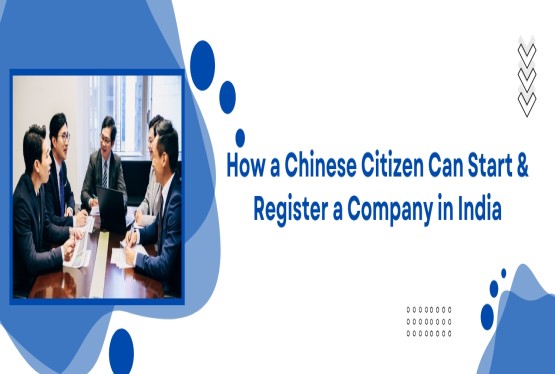
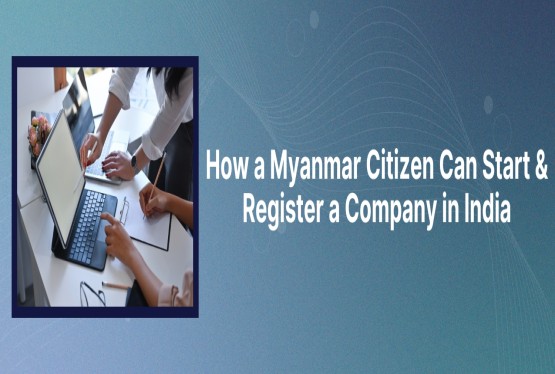
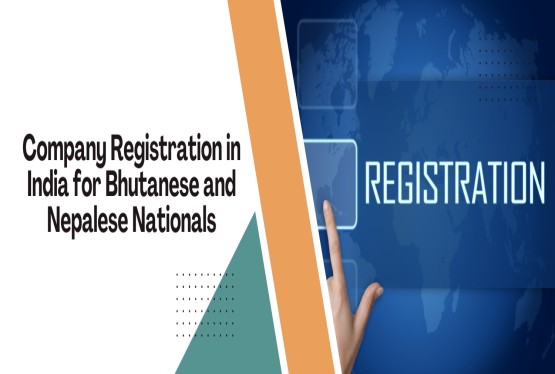
_learn_crop10_thumb.jpg)













